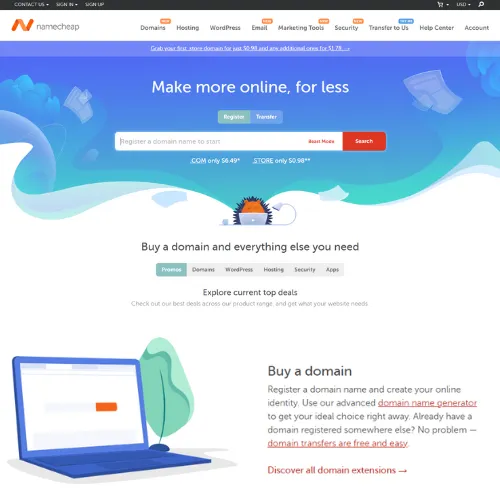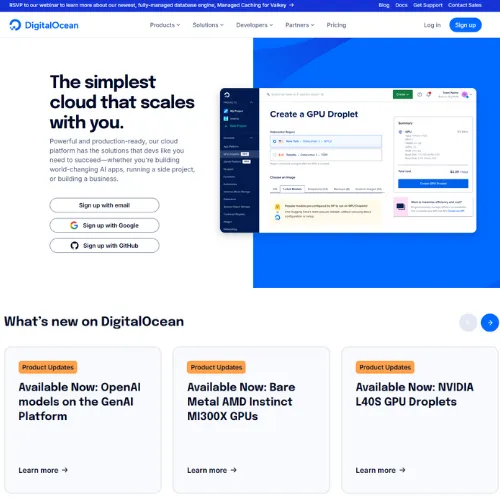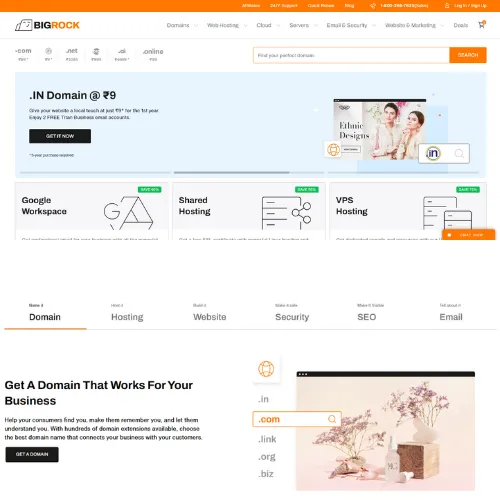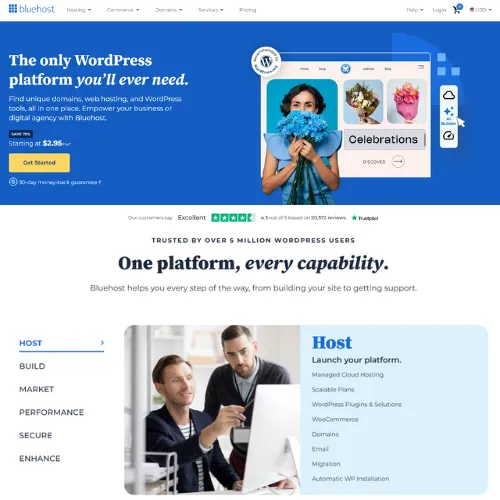Now Reading: Affordable & Reliable Top 5 Hosting Providers of 2025
1
-
01
Affordable & Reliable Top 5 Hosting Providers of 2025
Affordable & Reliable Top 5 Hosting Providers of 2025

Stay Informed With the Latest & Most Important News
Previous Post
Next Post
Popular Now
-
 01Top 5 Gaming Chairs Brands in 2025: Expert Reviews & Rankings
01Top 5 Gaming Chairs Brands in 2025: Expert Reviews & Rankings -
 02Top 5 Wearable Tech Devices for Active Lifestyles
02Top 5 Wearable Tech Devices for Active Lifestyles -
 03Top 5 Drones to Buy in 2025 – Aerial Photography & Racing
03Top 5 Drones to Buy in 2025 – Aerial Photography & Racing -
 04Top 5 Must-Have Earbuds for an Immersive, Cord-Free Listening Experience
04Top 5 Must-Have Earbuds for an Immersive, Cord-Free Listening Experience -
 05Top 5 Gaming Mouse Brands for Competitive Play in 2025
05Top 5 Gaming Mouse Brands for Competitive Play in 2025 -
 06Top 5 Online Learning Platforms for Creative & Technical Skills in 2025
06Top 5 Online Learning Platforms for Creative & Technical Skills in 2025 -
 07Top 5 Gentle CBD Support for Pets Health and Calm
07Top 5 Gentle CBD Support for Pets Health and Calm
Scroll to Top























